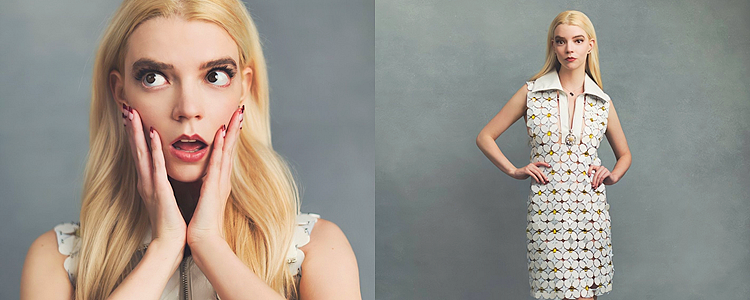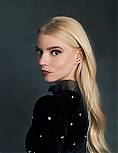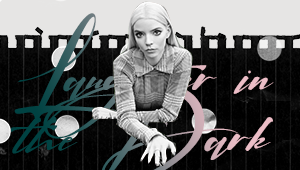 Your first online source for all things ANYA TAYLOR-JOY. She is an American-born Argentine-British actress and model. She is best known for her role as Casey Cooke in "Split" (2017), her lead role as Thomasin in "The Witch" (2015) and more recently in "The Queen's Gambit" (2020) playing Beth Harmon. Enjoy your stay!
Your first online source for all things ANYA TAYLOR-JOY. She is an American-born Argentine-British actress and model. She is best known for her role as Casey Cooke in "Split" (2017), her lead role as Thomasin in "The Witch" (2015) and more recently in "The Queen's Gambit" (2020) playing Beth Harmon. Enjoy your stay!





WSJ – From a young age, Anya Taylor-Joy knew she wanted to act. “I needed to find my community and my people, and I had this undying faith that I would end up there,” she says.
When actor Anya Taylor-Joy first read the novel The Queen’s Gambit, she immediately connected with protagonist Beth Harmon’s sense of loneliness. “Reading it, I was like, this hurts—but it hurts because I recognize it,” she says on a Zoom call from Northern Ireland, where she’s shooting her next film. “We’re taught as human beings to not really say the way we’re feeling and when you find somebody that feels the same way you do, you [think], I’m not alone in this.” Taylor-Joy, 24, finished the Walter Tevis book in an hour and a half, ahead of playing the role of Beth for Netflix’s adaptation.
If you’re suscribed at WSJ, read the rest of the interview at the source.






BUSTLE – In Netflix’s The Queen’s Gambit, Anya Taylor-Joy’s Beth doesn’t bother to pick up her own chess piece before capturing her opponent’s. She flicks her long fingers across the board, braggadociously ending each move before technically beginning it. Every stop of her chess clock, every topple of a fallen King is a tiny emotional crescendo. “One of my first thoughts was that I wanted Beth to handle the pieces in a way that, while still being aggressive, did feel uniquely feminine,” Taylor-Joy says of inhabiting the bellicose chess phenom at the center of the new limited series. Her chess coach immediately approved the choreography. “He was like, ‘Well, I’ve never seen a chess player do that, but I totally buy that she would.’”





